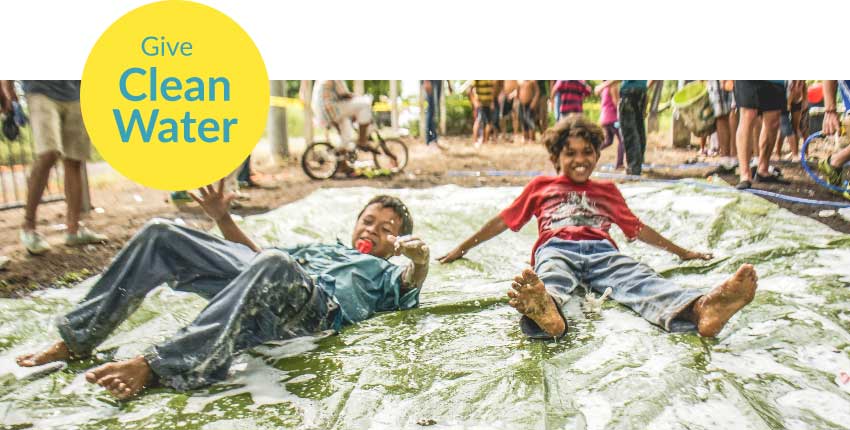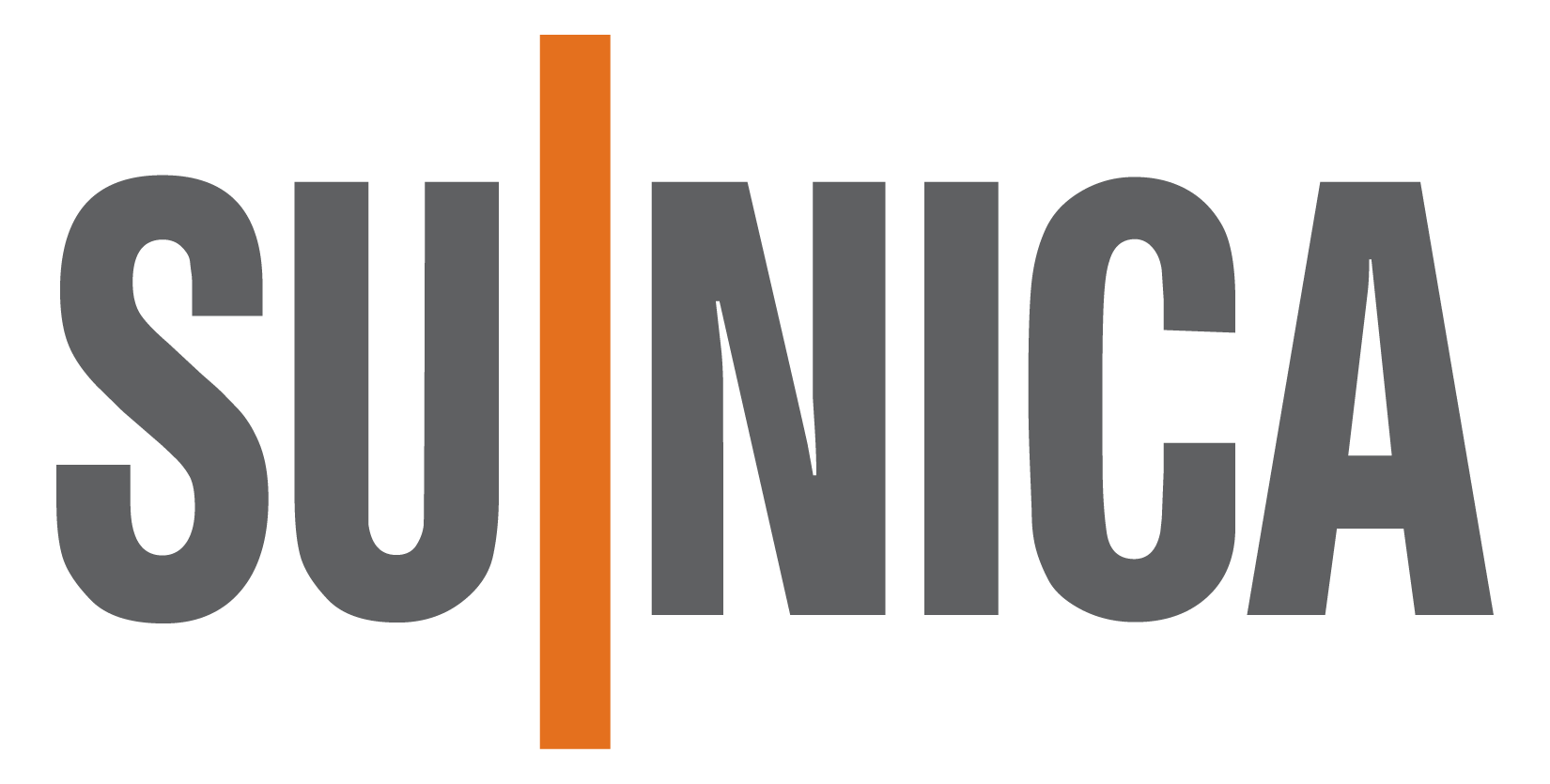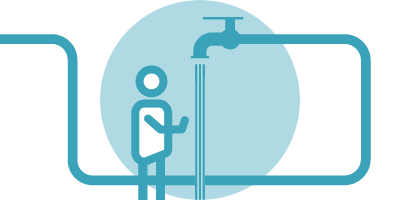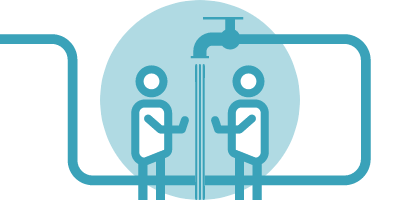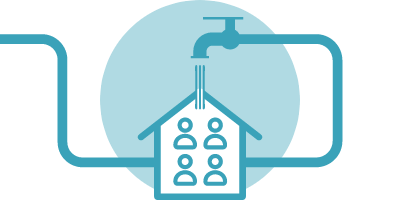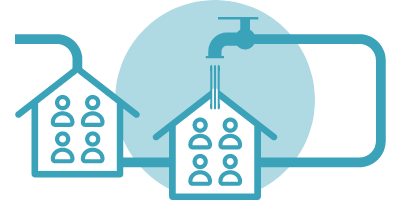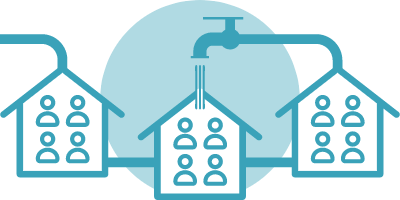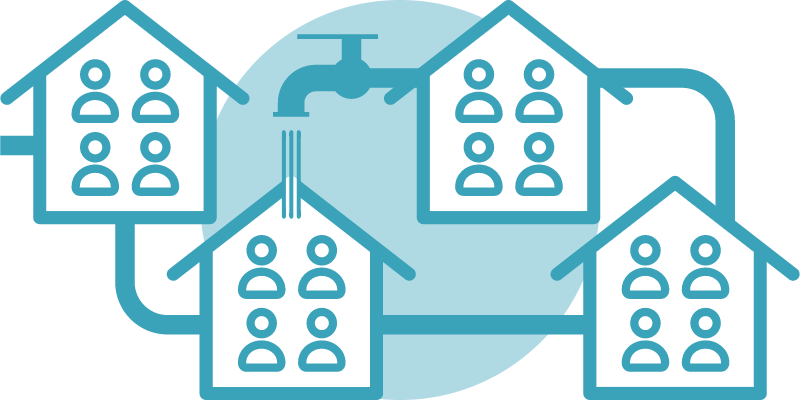Give Clean Water
As little as $56 per month gives one household clean water!
Water changes lives.
Think of how many times you’ve used water today without thinking about it. Washing your hands. Drinking. Cleaning your dishes. And yet, clean water is a luxury that so many don’t have. Sadly, 31% of rural Nicaraguans do not have access to safe drinking water.[1] The consequences of dirty water are countless, killing more people annually than all forms of violence, including war.
That’s where Pipeline comes in.
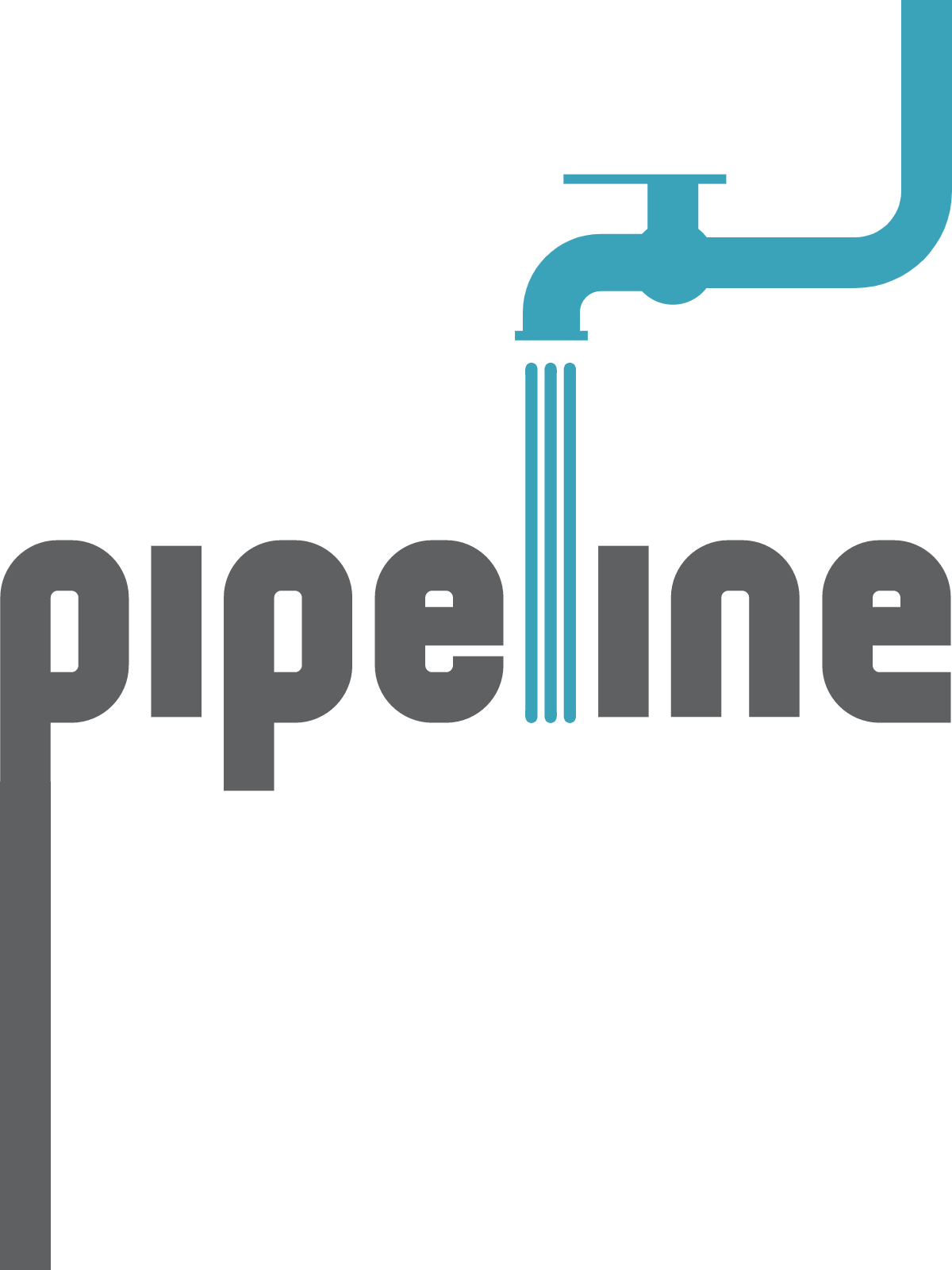
Water changes lives.
Think of how many times you’ve used water today without thinking about it. Washing your hands. Drinking. Cleaning your dishes. And yet, clean water is a luxury that so many don’t have. Sadly, 31% of rural Nicaraguans do not have access to safe drinking water. The consequences of dirty water are countless, killing more people annually than all forms of violence, including war.
That’s where Pipeline comes in.

We rely on Pipeline to see our water projects through from digging the first trench to turning on the water.
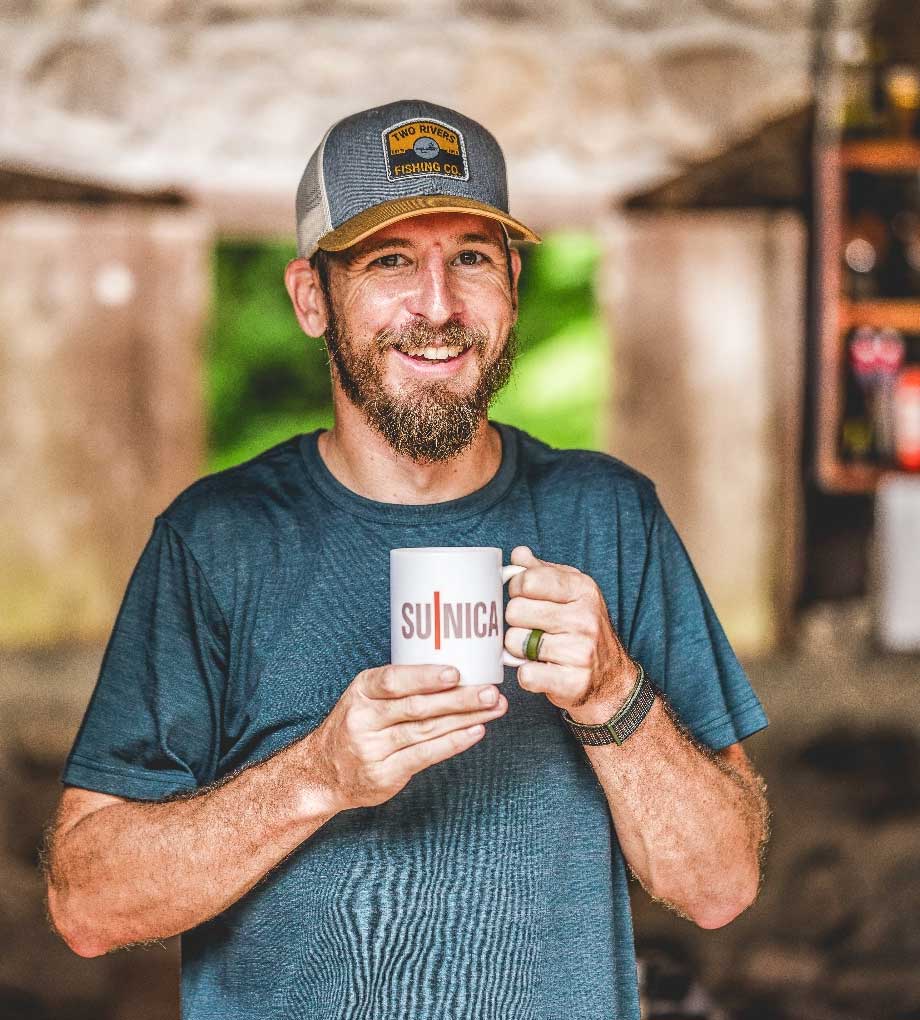
“Our greatest hope is that water would become a resource that is appreciated and used abundantly as opposed to a scarcity that has to be fought for. We want to see future generations capable of managing the challenges of their water systems in a responsible and sustainable way.”
Josh Pease, Local Director

It’s more than a well.
Piped-on-Premises Water
This isn’t just a well, it’s a full on water system providing clean water piped onto the property of every home in the community. Piping water to each home means that family members don't have to spend time harvesting water every day, giving them more time to love and provide for their families.
Establishing a Public Works Department
These are the folks who will manage the system, read meters, and issue and enforce the payment of water bills each month. We spend one full year preparing these leaders for the project before we even break ground. These elected officials will be responsible for maintaining the system after this two-year project is complete.
Community Buy-In
While 90% or more of the actual cost is provided by SuNica donors like you, each family in the community is required to purchase their water meter (cost is about $40US and can be paid over a two year period). The community must also put in some serious sweat equity to install the pipeworks alongside the SuNica Water Team.
The PRA Process
Perhaps the most important aspect of all is the Participatory Rural Appraisal (PRA) selection process. Nerd out on the details and read how we go about selecting our next water project.
Piped-on-Premises Water
This isn’t just a well, it’s a full on water system providing clean water piped onto the property of every home in the community. Piping water to each home means that family members don't have to spend time harvesting water every day, giving them more time to love and provide for their families.
Establishing a Public Works Department
These are the folks who will manage the system, read meters, and issue and enforce the payment of water bills each month. We spend one full year preparing these leaders for the project before we even break ground. These elected officials will be responsible for maintaining the system after this two-year project is complete.
Community Buy-In
While 90% or more of the actual cost is provided by SuNica donors like you, each family in the community is required to purchase their water meter (cost is about $40US and can be paid over a two year period). The community must also put in some serious sweat equity to install the pipeworks alongside the SuNica Water Team.
The PRA Process
Perhaps the most important aspect of all is the Participatory Rural Appraisal (PRA) selection process. Nerd out on the details and read how we go about selecting our next water project.
Clean water starts with you.
By joining Pipeline, your monthly gift will bless countless families and children with clean water, ultimately creating healthier, safer, and more joyful communities.
“But whoever drinks of the water that I will give him will never be thirsty again. The water that I will give him will become in him a spring of water welling up to eternal life.”
John 4:14
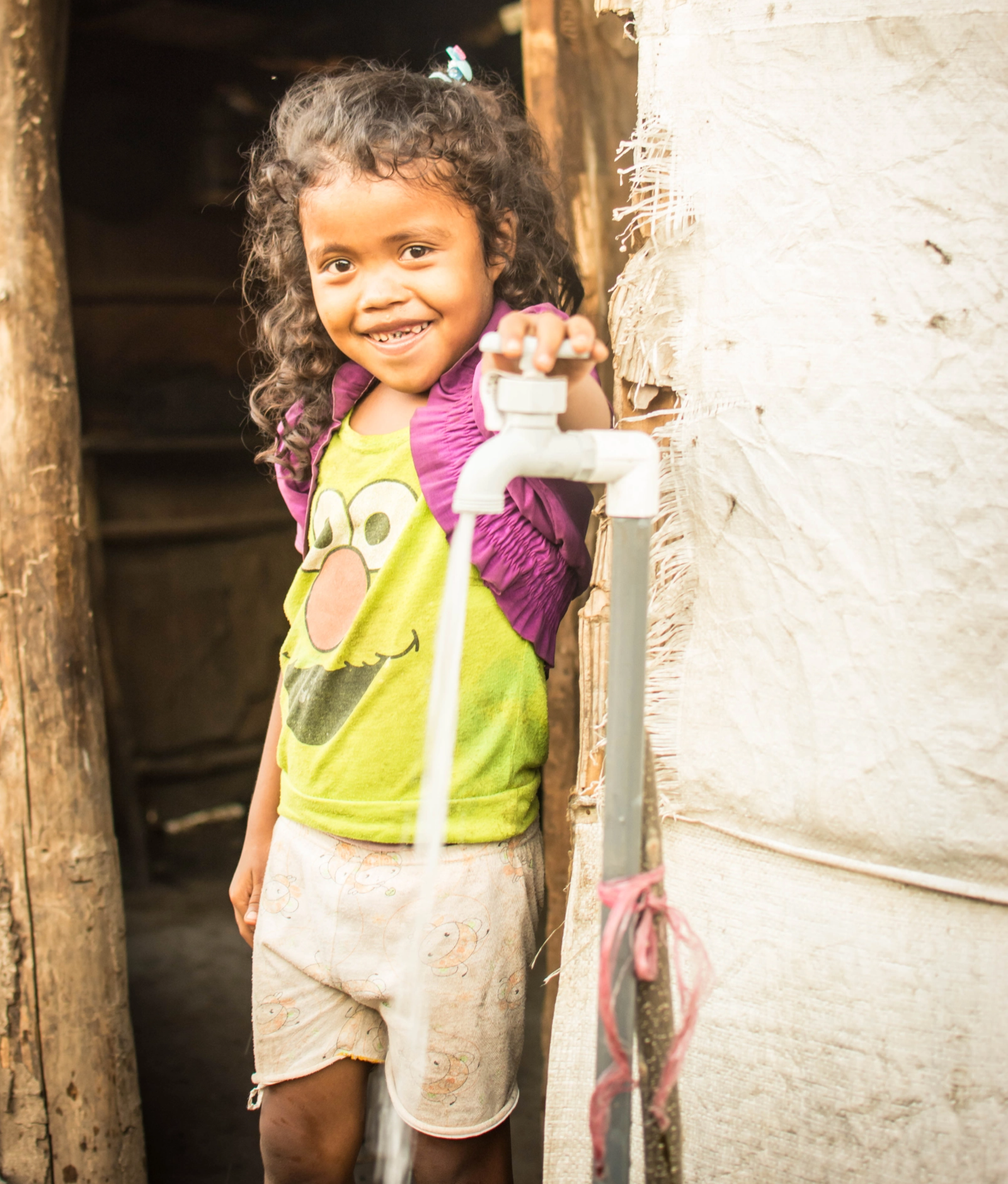
Clean water starts with you.
Access to clean water paves the way for education, higher income, and an overall improvement in mental and physical well-being. Furthermore, we believe it paves the way for deep relationships, intentional conversations, and true discipleship in the communities we partner with. Water leads to hope. And ultimately, water points to the gospel.
By joining Pipeline, your monthly gift will bless countless families and children with clean water, ultimately creating healthier, safer, and more joyful communities.
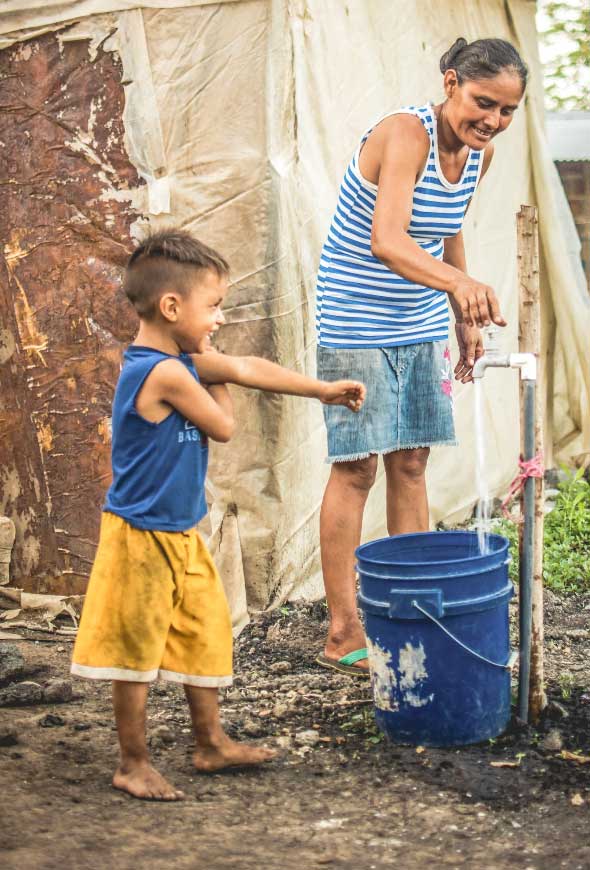
Give
Clean Water

[1] Source: World Health Organization
We use a PRA approach as a way to empower people to be a major part of their solution. The community organizes an initial meeting, recognizing water as a top priority. We share a little about SuNica, but really lean on the community to ‘lead the conversation’. Then, we request the citizens organize a meeting within a few weeks to talk about what’s going on in their community.
On that meeting day, we divide the group into two sessions, one for the men and one for the women. Our female and male staff members separate to lead their appropriate meetings, and then it’s time to get down to business – making a community map! Using flour for roads and matchbooks for buildings, this is as much a meeting icebreaker as it is an information gathering session for the team. We learn about the size of a community, and the different types of people within the group.
Then we bring out a box of clavos (or ‘nails’ in Spanish, which is also slang for ‘problems’) to pinpoint problem areas in their village. Some examples of problems include wells that quickly dry up, or abusive households. Shame, pride, and fear are just a few factors that can make people hesitant to share these clavos aloud. That’s why holding separate meetings is so important.
Finally, we ask the community to dream for a moment. If they were to win some manner of a communal lottery, what would they fix, and in what order? If water is priority number one or two in both meetings, then we’re well on the way to our next Turn On The Water project!
